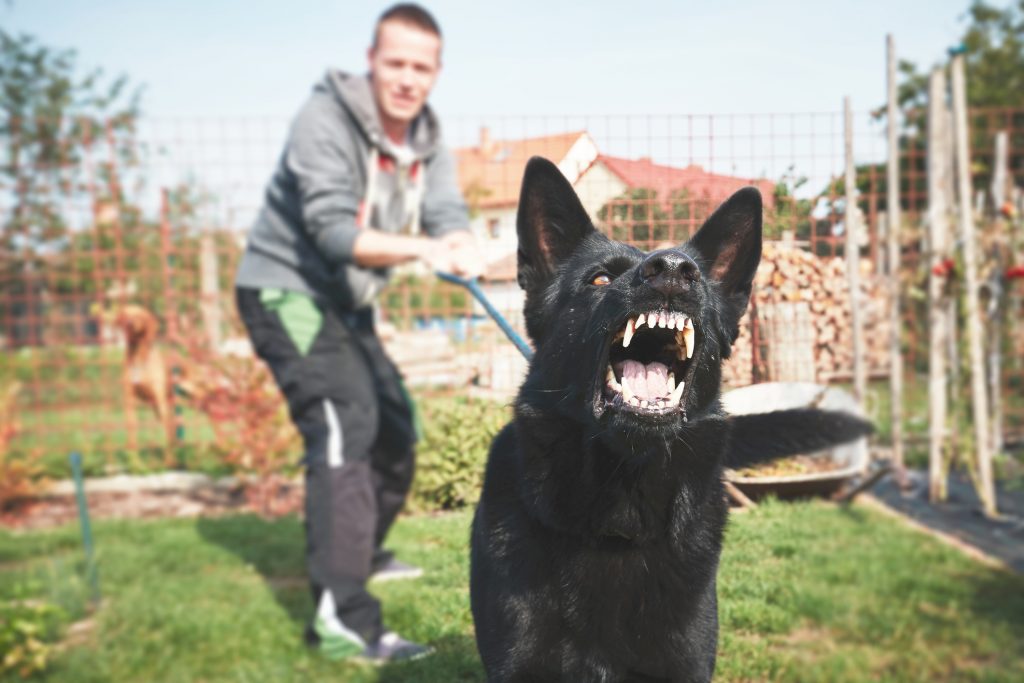Every Rose Has Its Thorn: Dealing with Possessive Aggression in Pets
 If your usually sweet Pomeranian turns into a snarling beast when anyone approaches her food, or your new Labrador puppy becomes aggressively protective of his favorite chew toys, you may have a case of possessive aggression on your hands.
If your usually sweet Pomeranian turns into a snarling beast when anyone approaches her food, or your new Labrador puppy becomes aggressively protective of his favorite chew toys, you may have a case of possessive aggression on your hands.
Possessive aggression in pets stems from a natural fear response to the real or perceived threat of a resource being taken away. Pets can become possessive over their food, toys, favorite sleeping spot, and even certain family members. Although guarding behaviors are normal for many pets, and can be useful for animals in the wild, it is unacceptable when aimed at people or other pets in the household.
Recognizing Possessive Aggression in Pets
You may chuckle over that growling Chihuahua or think it’s cute when your puppy defends his favorite toy, but possessive aggression in pets is no laughing matter. Without proper intervention, guarding behaviors can lead to undesirable outcomes, including biting you, other people or other animals.
Possessive aggressive behaviors tend to occur in a sequence, and your pet may exhibit any, or all, of the following signs:
- Growling/snarling
- Lifting the upper lip
- Aggressive barking/snapping
- Lunging
- Biting
Extreme, frenzied reactions to the doorbell, postal workers, and anyone passing by the pet’s yard or home, is also considered possessive aggression.
Start ‘Em Young
The earlier a pet learns that having his or her food and possessions handled by people leads to positive outcomes, the better. Using your hands to fill your puppy’s food bowl, or calmly approaching and offering a high value treat while he or she is eating or playing with a toy, can reduce your pet’s tendency towards possessive behaviors over time.
You Can Teach an Old Dog New Tricks!
Consistent, humane obedience training is an important aspect of dealing with possessive aggression in pets at any age. A pet who readily responds to his or her owner’s cues is safer to be around and is happier, overall. At Lone Tree Veterinary Medical Center, we are proud to offer obedience training through our Canine Academy, which offers a wide variety of training classes geared toward helping dogs of all ages successfully navigate life with humans.
We Can Help
Extreme anxiety and possessiveness in pets is no fun for you, but it’s probably even harder on your furry friend. If you are concerned about your pet’s behavior, we encourage you to bring your pet in to see us so we can rule out any health concerns that may be contributing to the behavior. We can also discuss training solutions or treatment options with you, if needed. Some pets benefit from homeopathic remedies, such as Solliquin, which calms anxiety and can greatly improve quality of life. We carry this product, as well as others that can help calm your pet in situations where anxiety and possessiveness are a problem.
Please don’t hesitate to reach out to us at Lone Tree Veterinary Medical Center with your questions and concerns. We are always happy to help you and your pet live better together.



